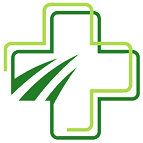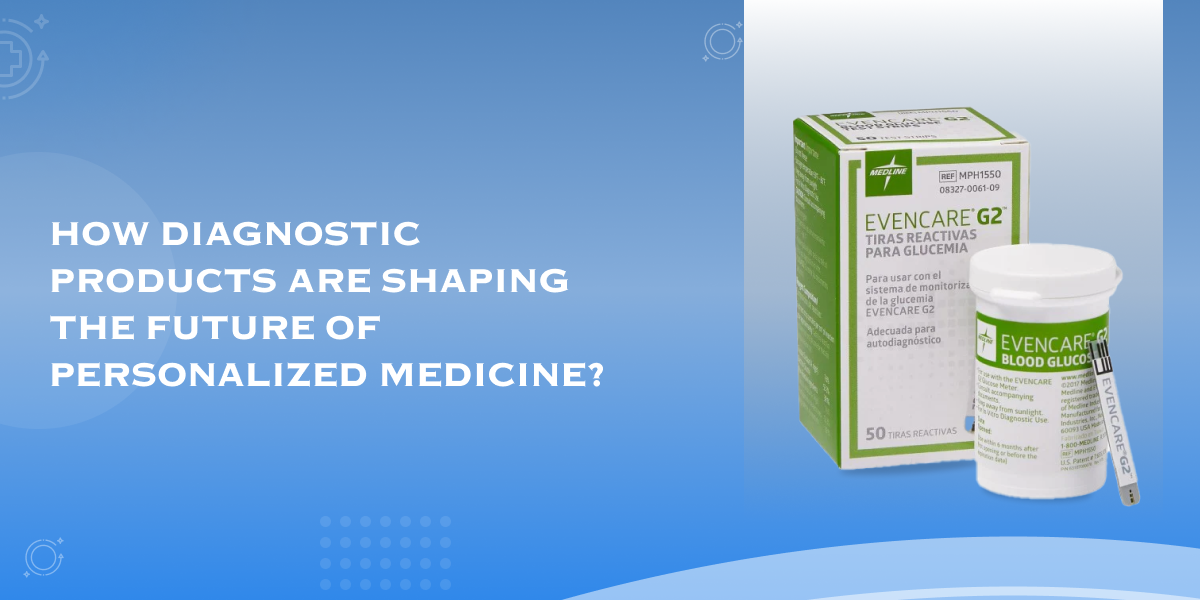The future of personalized medicine is being redefined by advancements in medical diagnostic products, which enable more precise and tailored patient care. For the purpose of creating individualized treatment plans that meet the needs of each patient, modern diagnostic technologies are indispensable in the identification of specific medical illnesses.
The leading provider of these cutting-edge instruments, the medical supply store sun city AZ makes sure that medical professionals have access to the newest diagnostic technology.
These developments are not only enhancing the accuracy of medical diagnoses but also paving the way for more effective, patient-centered healthcare solutions. Hence read the following article till the end to know more about the topic.
6 Points About How Diagnostic Products Are Shaping The Future Of Medicine
Point-Of-Care Testing And Emerging At-Home Diagnostic Solutions
New and creative technologies enable quick testing close to the patient, even in their homes, improving disease diagnosis, monitoring, and management. They can also shorten the time to results by minimizing or eliminating the need for sample and result travel.
Digitalization of point-of-care and at-home diagnostic products offers several benefits, including streamlined testing processes and safe, secure digital result analysis and storage that can be accessed by medical professionals.
Individual And Predictive Genetics
Predictive genetic testing, which uses a person’s blood, hair, skin, or other tissue samples to help forecast future risk of disease, could have a significant positive impact on health outcomes.
These tests have the ability to detect mutations that raise an individual’s chance of developing genetic illnesses before symptoms manifest, which presents a significant opportunity. The ability of such computerized tools to treat or perhaps prevent a projected disease makes them incredibly valuable and even lifesaving.
Quickly Diagnoses
Heart rate, blood pressure, skin temperature, respiration rate, and body motion are just a few of the physical health data that can be gathered by wearable biosensors. Which can be anything from watches and clothes to bandages, glasses, contact lenses, rings, and specially designed implantable and ingestible devices.
Real-time diagnostics offer a far larger and more reliable data set for clinical decision-making than most conventional diagnostic tests, which simply record a “snapshot” image of a patient for a specific parameter.
They make it possible for ongoing observation, offer immediate input on any anomalies that might be noticed, and let you keep tabs on someone’s overall health and well-being.
Solutions For Clinical Decision Support
Medical Diagnostic Equipment can be transformed with the use of clinical decision support (CDS) systems. HCPs are left to interpret the context and significance of the test output and determine the appropriate course of action for diagnosing or treating patients after receiving test results.
Developed to assist in sorting through massive volumes of digital data, CDS technologies can help by recommending therapies for the future, notifying healthcare providers of relevant information that is available, or spotting possible issues like harmful drug interactions.
The various applications are designed to assist HCPs in making better-informed decisions to enhance patient outcomes.
Lab Optimization Solutions Motivated By Data
The goal of diagnostic equipment labs is to increase the value of their services while decreasing the amount of pointless tests they perform. The issue is how to gather and process test data most effectively so that it can be used to enhance their operations.
Using powerful business intelligence and analytics IT systems is one way to enhance lab utilization. These systems can quickly identify the sources of needless testing and analyze large amounts of test result data. Lab managers can take advantage of this.
With the help of this technology, labs will be able to reduce the number of tests they run, increase the value of the tests they do perform, and better manage their testing loads.
Medical Imaging With Artificial Intelligence
HCPs can use medical image analysis and artificial intelligence technology to assist in disease diagnosis. According to a recent meta-analysis, deep learning models performed diagnostically on par with medical practitioners.
This use of AI has a lot of promise, despite the research methods of the individual studies that were part of the meta-analysis raising some serious issues. Furthermore, it is reassuring to see that study quality increases over time.
Getting Over The Obstacles As A Team
A few obstacles need to be addressed, including data privacy, the place of doctors in the digital age, and “solutionism,” which is the idea that technology can easily resolve difficult and frequently vague health-related problems.
However, the advantages are obvious: advances in digital diagnostics hold the potential to revolutionize the disciplines of imaging and in vitro diagnostics, increasing accessibility and affordability of healthcare while simultaneously enhancing patient outcomes.
It will be easier to guarantee that your company is a part of the digital revolution in healthcare if you are aware of the trends that are upending the industry and are aware of their advantages, difficulties, and implementation needs. With this free ebook up for download, we hope to address the following questions:
- What effect will digital technology have going forward on in vitro diagnostics?
- What advantages would patients, labs, healthcare systems, and HCPs get from using digital tools more frequently?
- What are the possible drawbacks of using digital technology more frequently?
Conclusion
In conclusion, the ongoing improvements in medical diagnostic products are greatly enhancing personalized medicine, making it more accurate and focused on individual patient needs.
These developments enable medical personnel to give more individualized, precise care, which results in better and more effective therapies. Reputable vendors, like a medical supply store sun city AZ, are essential in supplying these cutting-edge diagnostic items.
They ensure that healthcare providers have access to the latest tools needed for early and accurate diagnoses, which is crucial for treating diseases effectively at their early stages. Modern diagnostic products allow doctors to create treatment plans specifically designed for each patient.
This targeted approach improves the success of treatments and leads to better patient outcomes. It also makes the healthcare experience more positive by addressing health issues more precisely and effectively.
As healthcare continues to advance, high-quality diagnostic tools remain essential for delivering personalized care. They help healthcare professionals make well-informed decisions based on accurate data, leading to more effective and tailored treatments.
Overall, the development and use of advanced diagnostic products are key to achieving better and more personalized medical care for everyone.


